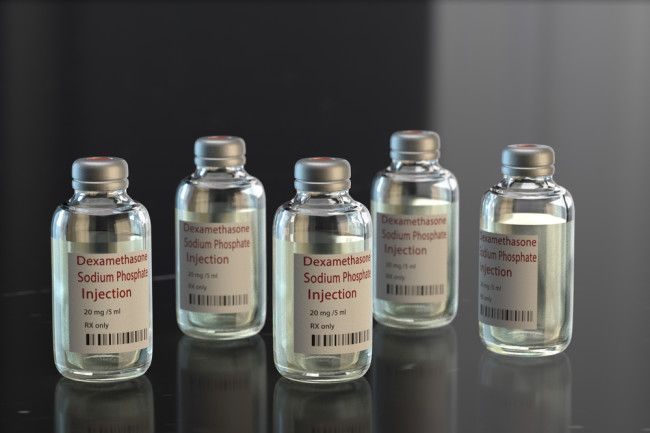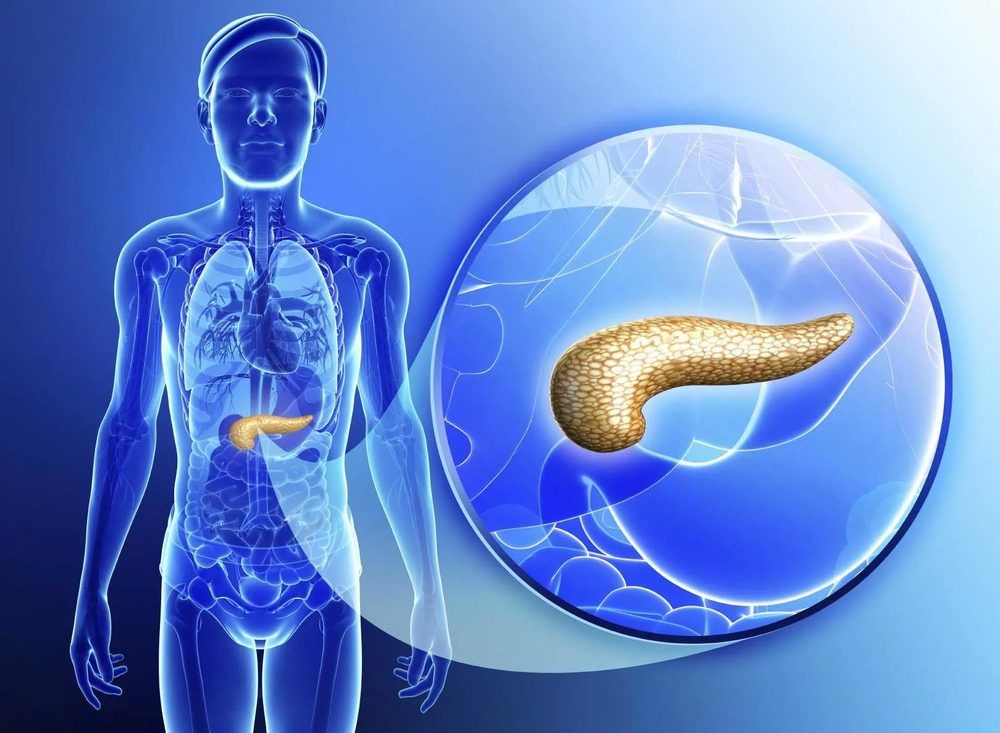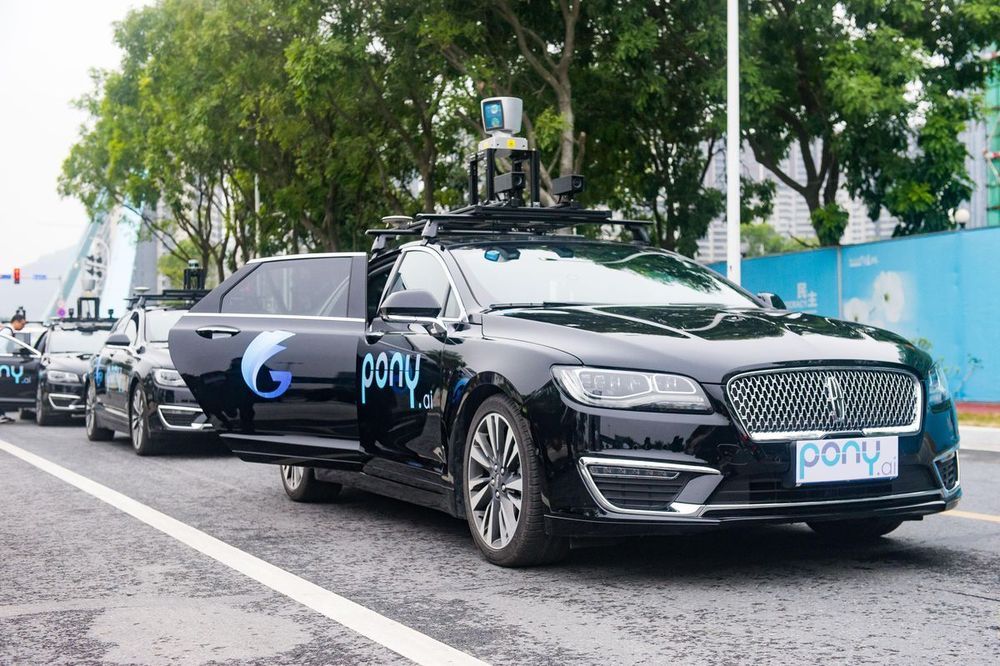
Please stop saying “There is no treatment for coronavirus”, coronavirus can be treated many ways. Anything can be treated many ways. When one says, “This can not be done”, one has already given up. When one says, “I can”, one at least makes an effort, and even failure is a lesson that leads to success. The WHO is already promoting the Moderna vaccine, yet it takes years to develop a vaccine properly. Any scientist will tell you it is faster to repurpose drugs than to develop a vaccine. Even in Kenya, they will not tell you how people are being treated, but already they are talking about the Moderna Vaccine.
Sometimes, old drugs find a new purpose. A widely available steroid called dexamethasone might hold the potential to save a lot of lives that otherwise would be lost to coronavirus. Preliminary results released from a randomized and controlled clinical trial involving more than 6,000 patients found that administering dexamethasone significantly reduced deaths among those with severe COVID-19 illnesses.
The study, which has not yet been published in a peer-reviewed journal, found that the drug reduced deaths by one-third among patients on mechanical ventilators, and by one-fifth among patients receiving other forms of supplemental oxygen. Although dexamethasone is a far cry from a coronavirus cure, it feels like the first good news to transpire since earlier this spring, when the antiviral drug remdesivir showed it could modestly improve survival among COVID-19 patients.
















